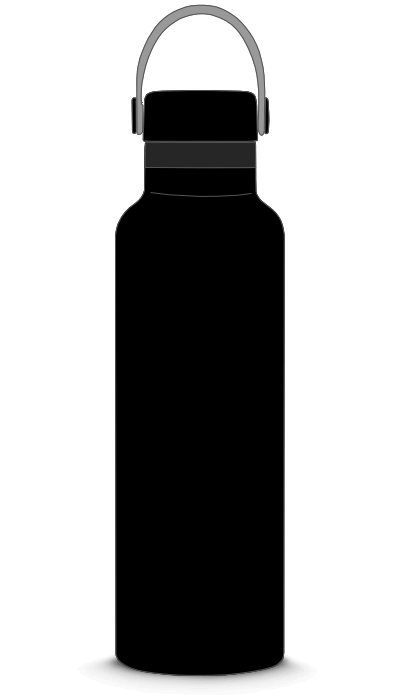
Reset Your
Metabolism
Science-backed ways to fire up your metabolism in as little as 48 hours
First, some good news: it's entirely possible to trigger your body to break down food and transform it into energy more efficiently. Of course, like anything worth doing, it just takes a little effort. But before we get to what you should do, a little refresher on what we're talking about. Simply put, metabolism refers to the chemical processes by which your cells produce the substances and energy needed to sustain life—and the higher it revs, the more energy (and thus fat and calories) your body burns.
Your metabolism is responsible for the total number of calories your body burns each day. Sixty-five percent of those calories are used up for involuntary functions like breathing and circulation, with another 10 percent devoted to the process of digesting the very foods that may have resulted in those damned love handles in the first place. The remaining 25 percent of the calories you burn can be chalked up to your daily physical activity—everything from that morning workout, standing in line for coffee and washing the dishes at the end of a day.
You've likely heard it before: the more muscle you have, the more calories you burn, even when you're not being active. And sure, it's true that some of us have a slight genetic edge in the amount of muscle fibers we're born with. But don't blame your parents for your flab. “It's your environment, that is, food and activity, that is extremely important in ultimately determining your weight,” says Andrew G. Swick, PhD, who oversaw obesity research at the University of North Carolina's Nutrition Research Institute. So, what can you do to not only add muscle but also maximize your metabolism? Follow these guidelines.
How to Reset
Your Metabolism
Drink

In the spectrum of work to payoff, this is pretty much as simple as it gets. Drinking plenty of water is always recommended for healthy living but here's why you want to do it now. A study, published in the Journal of Clinical Endocrinology & Metabolism, found that drinking water (about 17 ounces) increases the metabolic rate in healthy men and women by 30 percent. The boost occurred within 10 minutes but reached a maximum of 30 to 40 minutes after drinking. They suggest aiming for a target of two liters of water per day, as even mild dehydration will slow down metabolism by as much as five percent.
Hit
the Gym
But skip the treadmill and elliptical machine. You don't need endless cardio. You'll be spending time by the weight rack. Several studies have proven that lifting weights will not only increase muscle mass (which allows for more calories to be burned throughout the day) but also the act of strength training actually helps speed resting metabolic rate. Opt for more high-intensity interval training—quick bouts of intense exercise that can jumpstart metabolism and keep you burning calories long after the workout is over.
Advertisement
Get
More Sleep

This edict tends to be on every health or wellness list, we know, but for very good reasons. Especially when it comes to your metabolism. Did you know that for every two hours of sleep you lose you impair your weight loss by roughly half a pound? Worse than that, scientists have discovered that if you don't get at least seven hours of sleep, the hunger hormone ghrelin kicks into overdrive, leading you to make poor nutritional choices during the day. Plus, your body goes into deep repair when you sleep, which can burn more calories than exercise.
Keep Stress
in Check
“The stress response activates the hormone cortisol,” says Francesco Celi, M.D., chair of the Endocrinology and Metabolism Department at Virginia Commonwealth University. “And that's been clearly associated with a worsening of metabolism and, in the long-run, increasing the risk for obesity.” One recent study found that participants who were stressed out over a 24-hour span burned, on average, 104 fewer calories after a meal. The researchers point out that this deficit could translate to an 11-pound weight gain over the course of a year. So what should you do? Take a five minute break during the day to check out and meditate or simply breathe deeply and calm your nerves.
Eat
Smarter
Get some protein into your body early in the day. Protein and fiber-rich foods (whether eaten at breakfast or at other times) require a good amount of energy to break down and digest, which gets your body and metabolism firing. That's why you should include some form of protein at every meal. Spicy dishes, especially those with capsaicin-loaded chilies, have been proven to increase satiety briefly and raise metabolic rate by an average of 8 percent. And foods rich in Omega-3s (i.e. fish, walnuts, flaxseeds and eggs) help to balance blood sugar and reduce inflammation—which, in turn, helps regulate metabolism.
Mythbuster
Eating late at night isn’t any worse than eating earlier. According to the Academy of Nutrition and Dietetics, it’s the extra calories—not when you eat them—that cause weight gain. However, you may be more likely to snack mindlessly in the evenings while watching television.






